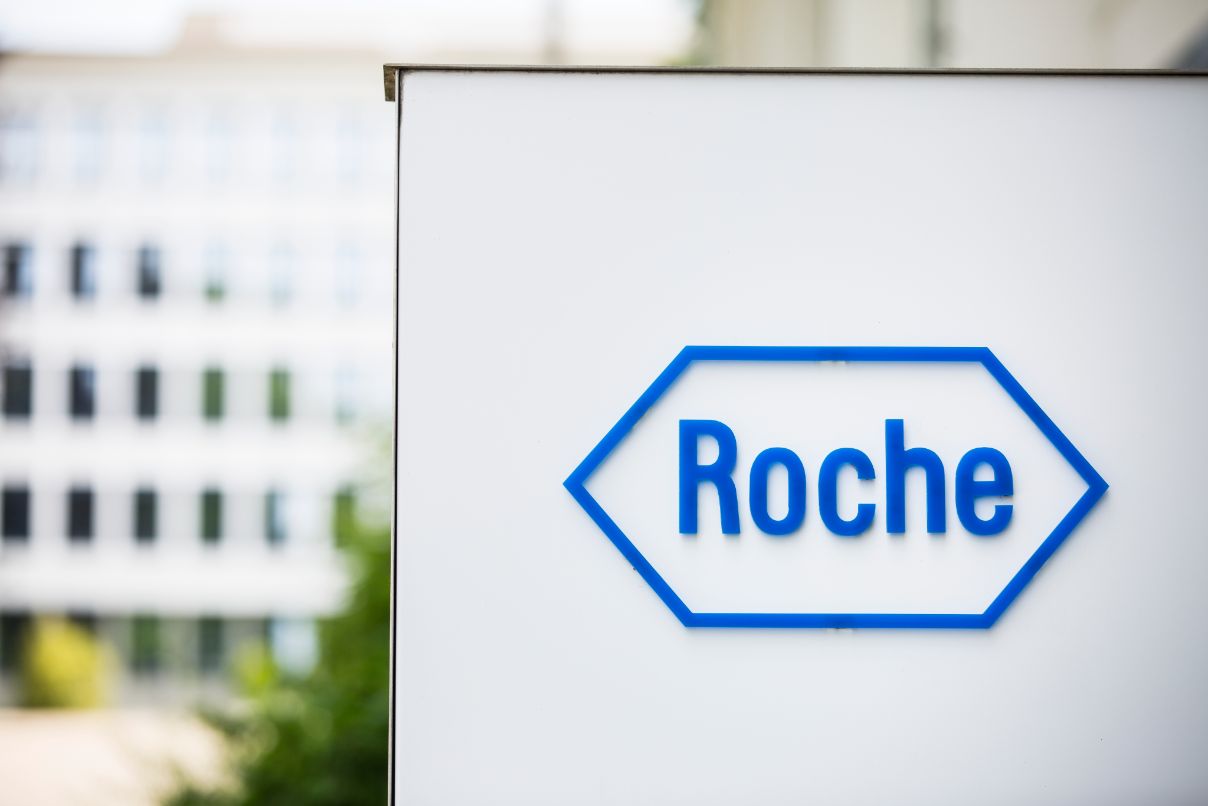
Roche has launched a Phase III clinical trial programme of its experimental drug fenebrutinib for the treatment of patients with multiple sclerosis (MS).
The company also commenced a higher-dose Phase III programme for Ocrevus (ocrelizumab), along with a trial of the drug specifically to support African American, Hispanic, and Latin American MS patients.

Discover B2B Marketing That Performs
Combine business intelligence and editorial excellence to reach engaged professionals across 36 leading media platforms.
Fenebrutinib is an oral Bruton’s tyrosine kinase (BTK) inhibitor being developed for relapsing MS (RMS) and primary progressive MS (PPMS).
It inhibits B-cell and myeloid lineage-cell activation to potentially suppress disease activity and slow disease progression by targeting acute and chronic inflammatory characteristics of the disease. This will be assessed in the Phase III programme.
The Phase III programme will include identical ENhance 1 and FENhance 2 trials in RMS, along with a Phase III FENtrepid study in PPMS.
Targeting clinical disability progression, all three trials will evaluate 12-week composite confirmed disability progression (cCDP-12) as the primary endpoint, with annualised relapse rate as co-primary endpoint in the RMS trials.

US Tariffs are shifting - will you react or anticipate?
Don’t let policy changes catch you off guard. Stay proactive with real-time data and expert analysis.
By GlobalDataThe PPMS trial wiill have Ocrevus as an active comparator.
Meanwhile, Ocrevus is expected to slow disease progression in a variety of patients. The company is launching Phase IIIb MUSETTE and GAVOTTE trials in RMS and PPMS, respectively, to assess the drug.
Both trials will test a higher dose of Ocrevus compared to the currently approved 600mg dose, at the twice-yearly dosing regimen.
At the 600mg dose, the drug showed a consistent and significant impact on slowing disability progression in RMS and PPMS Phase III studies. The higher dose is expected to further reduce disability progression.
Roche chief medical officer and Global Product Development head Levi Garraway said: “In addition, over 170,000 people have been treated with OCREVUS, our first-in-class B-cell therapy, and we are incorporating years of clinical trial data and real-world evidence to optimise its potential to improve outcomes for patients with MS.”
Roche also initiated the Phase IV CHIMES trial in African Americans, Hispanic and Latin Americans with relapsing multiple sclerosis.
Said to be underrepresented in many clinical trials, these patient populations are at more risk of relapses and greater disability compared to Caucasians.





